Are you considering adding some ambiance to your home with LED strip lights? Do you want to buy some LED flexible strips for your office? Do you intend to use LED strips in your next lighting project? It’s a popular and energy-efficient choice, but Are LED Strip Lights SAFE? One of the most critical concerns that often comes up is Can LED strip lights catch fire. In this blog post, we will explore the fire risks from incandescent bulbs to LED lights, from the potential causes of how LED strips catch fire to how to reduce the heat and prevent fire accidents. etc.
If you’re wondering whether Taśmy LED are a safe choice for your home, office, or any lighting projects, read on to find out more.
How can an incandescent bulb catch fire?
Since Edison invented the light bulb in 1879, we have used many incandescent bulbs in various lighting applications. Most incandescent bulbs are 60W, 100W, or even 200W. Such bulbs are made of a thin filament wire that glows white hot when electricity passes through it. Incandescent bulbs are very inefficient because they convert only 5-10% of their energy into visible light. At the same time, more than 90% of the remaining energy is dissipated as heat. This is the reason why incandescent bulbs can get very, very hot.
The key part which gets heat inside the incandescent bulb is the filament. Scientists have made some measurements of the temperatures. The filament will reach 230℃ after light on the bulb, and the temperature of the glass bulb will be more than 130℃, which is very hot.
In this situation, if there is paper or cotton near the bulb, they will catch fire easily. For your information: The paper ignition point is 130℃ – 255℃.
How do LED lights work? Can LED Strip Lights Cause a Fire?
LED Light is a light-emitting diode used for lighting. It is a semiconductor device that can directly convert electrical energy into light energy. After it is powered on, it converts 90% of the electrical energy into light. The conversion efficiency is as high as 90%. It will generate less than 10% of the energy to heat. You can find here a small video about how do LED lights work. Unlike incandescent bulbs, which will convert more than 90% of energy to heat, LED lights will be much safer than incandescent bulb lights. Compared with traditional incandescent bulbs, the working temperature of LED lights is usually around 30-50℃, which is very low. So LED light is also called a type of cold light source. It does not likely catch fire.
How long do LED lights last?
LED lights have an average lifespan of around 50,000 hours. This is equivalent to 20 years if you use them for 8 hours per day, 365 days per year. Traditional incandescent bulbs only last around several thousand hours. So LEDs last longer than other light bulbs and are much more energy efficient.
Can you keep LED lights ON for days? If yes, how long?
Yes, well-made LED lights can be left on for days, if not weeks, at a time. LED lights are designed to last up to 50,000 hours, so you can leave them on for days without worrying about them burning out.
What is the sign that my LEDs are running out of life?
When LED lights run out of life, you will usually notice a gradual decrease in brightness or color quality. You may also notice the flickering or dimming of the lights. Additionally, some LED lights will produce a faint buzzing sound when they are close to the end of their lifespan. While the above signs usually will only happen after 5-10 years or even 20 years, depending on how and where you will use the LEDs.
Do LED strip lights produce heat?
As LED light is a cold light source, while assembled into LED strips, the wattage of the LED strips ranges from only 3W/M to 18W/M, which is a very small wattage compared with traditional lights. You can hardly feel the heat if you touch most LED strips.
How much heat do LED strip lights produce?
LED strip light will not get hot, as it only produces slight warmth. Some installations will put the LED strips in an aluminum profile, so the heat goes from the LED strips to aluminum, making the LED strips even cooler. Usually, the temperature of LED strips ranges only between 30-50℃ depending on various installation methods and environments. It produces much less heat than traditional incandescent bulbs, which is not enough to start a fire.
Can LED strip light get overheated?
Only some high-wattage oraz high-density LED strips have some potential of getting overheated because they have maximized the wattage and brightness. We have some model strips we insist on installing together with aluminum profiles. If not, they will get overheated and easily reduce the lifespan of the whole strips. Well-designed, well-made strips will not get overheated.
What are the dangers of LED strip lights producing too much heat?
If LED strip lights produce too much heat, the brightness of LEDs will go off quickly. Some LEDs will burn out easily, and the strips’ lifespan will profoundly decrease.
Do LED lights get hot enough to start a fire or to hurt you?
LED strip lights generally do not get hot enough to cause harm to a person because they operate at much lower temperatures than traditional light bulbs. Most of the time, the LED strip surface temperature will not rise above 50℃. People will only feel the heat when touching an object at 40℃. Temperatures can burn the skin only when they are above 50℃. Among all our LED strip products, only those with the highest wattage, maximum LEDs, or strips used where the surrounding temperature is exceptionally high or with poor heat dissipation conditions can exceed 50℃. However, many LED strips are installed inside the aluminum profiles and on the top of the ceiling, which people can not touch.
In conclusion, I suggest keeping LED strips away from people’s easy reach. This will ensure the longest lifespan and also protect people.
Will hot damage LEDs, PCB, or other components?
In most cases, good quality LED strips with choice components will not get damaged during heat as they have passed SMD, the reflow soldering process with a temperature over 250℃. However, heat may damage those cheap LED strips with poor-quality LEDs and faulty components. So please do not always choose the cheapest LED strips, which will cause a lot of trouble to you in the end.
Can LED strip lights catch on fire?
Quality LED strip lights are generally safe and do not pose a significant fire risk because they are not hot enough to ignite anything. The biggest risk is a short circuit or circuit overload. This is usually caused by improper installation or usage, not by the LED strips themselves.
It is always a good idea to choose a reputable manufacturer and purchase high-quality LED strips to reduce the risk of manufacturing defects. Following the instructions, while installing and using the LED strips is also essential.
Is it safe to put on the led strip light all day long?
LED strips are built to run for a long time, so it is generally safe to leave the LED strip lights on for an extended period. Besides, the working temperature for LED strips only ranges from 30-50℃. It is quite safe to put them on all day. However, being safe does not mean always keeping the LED strips on. You can also power them off if necessary to save energy and electricity bills.
How long do LED strip lights last?
The lifespan of LED strip lights can vary depending on many factors, including the quality of the product, the conditions in which it is used, and the way it is installed and maintained. High-quality LED strip lights can last many years if used and maintained properly. Most manufacturers claim that their LED strip lights have a lifespan of up to 50,000 hours or more, although it is important to note that this can vary based on the specific product and the conditions in which it is used.
To maximize the lifespan of your LED strip lights, it is important to follow the manufacturer’s instructions for installation and use and to avoid exposing the lights to extreme temperatures or other damaging conditions.
Is it OK to leave LED strip lights on all night?
Yes, it is definitely OK to leave LED strip lights on all night. This won’t damage the LED strips. However, you need to consider whether it is necessary to do so.
Is it OK to leave LED strip lights on 24/7?
Apart from wasting energy and shortening the LED strip’s lifespan, there is no harm in leaving LED strip lights on 24/7.
What are the potential causes which cause LED strips to catch fire?
1. Poorly designed, poor quality, or defective components
There are millions of LED strip light suppliers all over the world. Poor-quality LED strips always come with the lowest prices. DO NOT always choose the cheapest, which may cause big trouble, such as a fire accident. Quality LED strips always come at higher but reasonable prices, and you will seldom meet any quality problems.
2. Overheating due to inadequate ventilation
LED strip lights are designed to dissipate heat effectively. However, if they are installed in a location where they cannot dissipate heat properly or if they are covered by materials that block the flow of air, or if the surrounding temperature is extremely high, they may overheat and catch fire.
3. Poor quality, cheap or wrong type power supply which causes an excessive voltage or current
There are so many power supply brands in the market, while only several brands like Philips, Osram, and Meanwell are the best. Always choose famous brands that are more reliable, and they will match your strips perfectly while installing.
Please read this article for more details on choosing a power supply.
4. Static electricity
Static electricity itself generally will not cause a fire to an LED strip. However, static electricity can cause problems if it is not adequately discharged. If the static electricity is large enough, it could also cause a spark that could ignite flammable materials nearby. So be sure to wear an anti-static ring while installing LED strips.
5. Wire size unmatched to strip light wattage
Before installing and wiring LED strips, you should consider the appropriate wire for the current rating of the circuit. The more powerful the led strip, the larger the wires needed to avoid overheating and melting the wires and causing a fire. Various factors, including the light strips’ quantity and length, determine the current’s magnitude. So, before installing, you must calculate the circuit’s maximum current and confirm the required wire size.
p.s.: Please refer to the below chart for more details.
6. Improper installation or wiring
Improper installation of LED strips can cause a fire, although it is not very common. For example, installing too many LED strips on a single circuit or power source can cause the circuit to overload. If you wire the LED strips incorrectly using the wrong connectors, it can cause a short circuit. If you accidentally damage the LED strips while installing them, it can cause a short circuit. These improper installations all potentially start a fire. So it is important to follow the installation instructions carefully. If you need more confidence in installing the LED strips safely, it is a good idea to hire a professional electrician to do the job for you.
How can I reduce the heat output of LED strips?
To prevent LED strips from catching fire and extending their lifespan, we need to reduce the heat output of LED strips to the minimum possible. Please pay attention to below:
1. Use LED strips with higher-quality components to reduce heat output.
Best-quality LED strips always come at higher prices because they come with higher-quality raw materials and components, best LED Strips come with all types of certificates including UL/cUL/CSA/CE/RoHS/SAA or others, but you will feel less heat and hardly have any trouble if installed properly.
2. Use aluminum profiles to reduce heat
There are several advantages to using aluminum profiles for LED strip installation:
Protection: Aluminum profiles provide physical protection for the LED strips, helping to prevent them from being damaged or exposed to moisture.
Improved heat dissipation: Aluminum profiles can help to dissipate this heat and help to lower LED strip temperature by at least 5℃, improving the overall lifespan of the LED strips.
Aesthetic appeal: Aluminum profiles can add a professional, finished look to LED strip installations. They can be used to create various shapes and designs, allowing you to customize the appearance of your installation.
Easy installation: Aluminum profiles come with mounting brackets and other hardware, making it easy to install LED strips in various applications.
Durability: Aluminum profiles are strong and durable, making them well-suited for use in harsh environments or areas with high traffic levels.
Using aluminum profiles for LED strip installation can help improve the installation’s performance, appearance, and longevity.
3. Install an LED dimmer to reduce energy consumption
Many people would like to control the brightness of the LED strips not only because they want to save energy but also because they want to reduce the light in some conditions. Thus a dimmer comes into use. It will allow you to adjust the brightness, which will help you lower output wattage, which causes less heat in the end.
4. Ensure that the LED strips are installed away from direct heat sources
While LED strips are generally safe to use in many environments, some precautions must be taken when installing them. One of the most important considerations is ensuring that the LED strips are installed away from direct heat sources. This is because heat can cause the LED strips to fail prematurely and even damage them. You should install your LED strips away from heat sources, such as high-wattage incandescent bulbs, radiators, or big heating elements.
5. Install LED strips in a well-ventilated area if possible. Make sure that the strips are not covered or obstructed in any way.
it is important to install LED strips in a well-ventilated area to allow proper air circulation and prevent overheating. Overheating can cause the LED strips to malfunction or even catch fire, so it is important to ensure that they have adequate ventilation. Additionally, ensure that the LED strips are not covered or obstructed in any way. If the LED strips are covered or obstructed, the heat produced by the LEDs will have nowhere to go and will build up, potentially causing damage to the strips or even starting a fire.
6. Make sure that the strips are professionally installed and spaced out evenly.
What Are the Top LED Strips Available?
Wnioski
LED strips can catch fire, but the risk is relatively low. Good-quality LED strips are generally considered safe as long as they are used and installed correctly. However, a few factors can increase the fire risk, such as using a low-quality or damaged product or overloading the circuit. To minimize the fire risk, it is essential to use high-quality LED strips and follow the manufacturer’s installation and usage instructions. Overall, while it is important to be aware of the potential risks, LED strips can be a safe and effective lighting option when used responsibly.
Powiązane artykuły:
Śledzenie i pingbacki
Dodaj komentarz
Chcesz się przyłączyć do dyskusji?Zapraszamy do udziału!
Dodaj komentarz

Tom jest obecnie kierownikiem sprzedaży w Unitop (China) Co., Limited. Był w Oświetlenie LED od 2005 roku. Jest ekspertem w dziedzinie sprzedaży i marketingu oraz zarządzania fabryką. Lubi kulturystykę, a także jest szalonym fanem Apple! Jest ciężko pracującym facetem i uwielbia uczyć się i próbować nowych rzeczy.
E-mail: tom@unitopledstrip.com WhatsApp: +86-18680307140

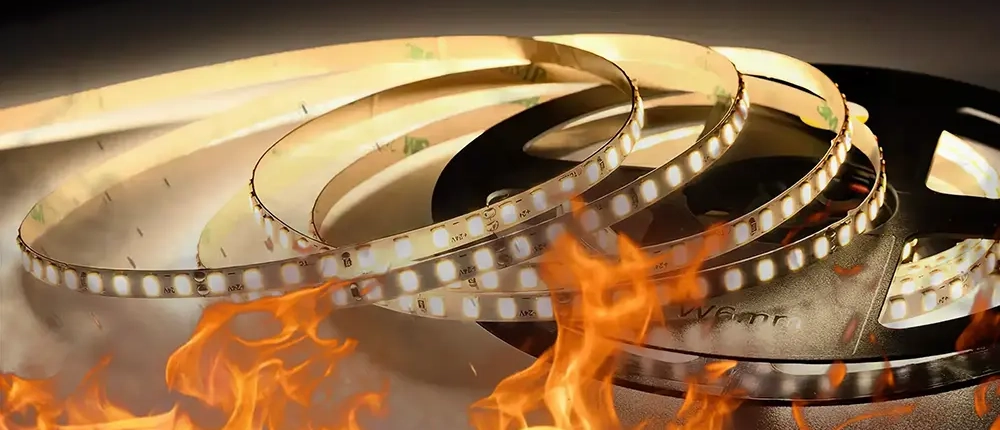
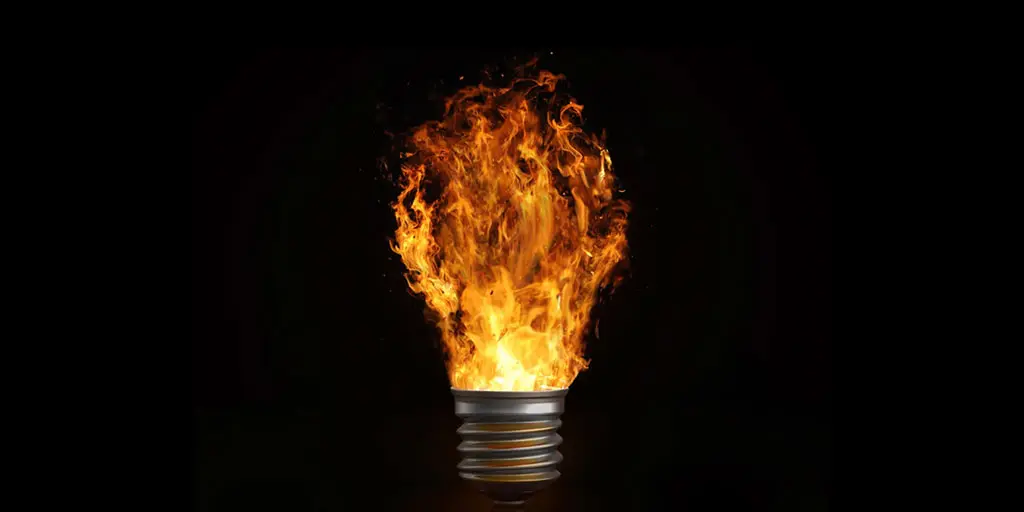

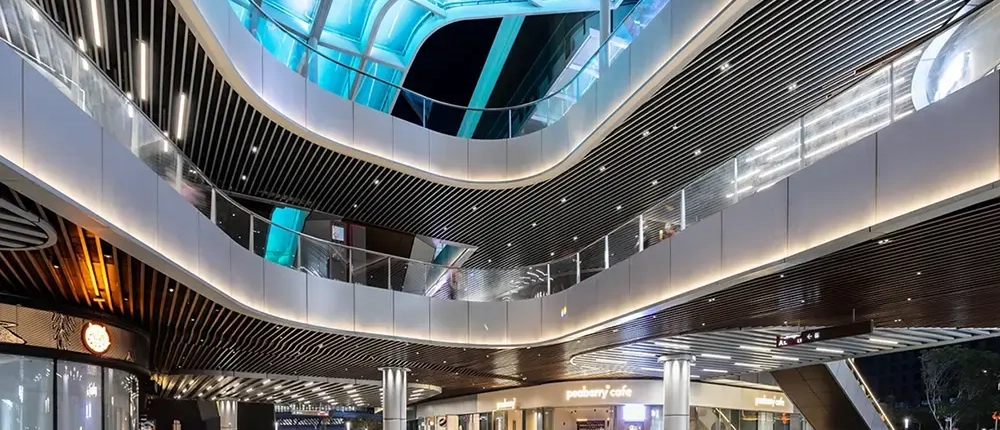
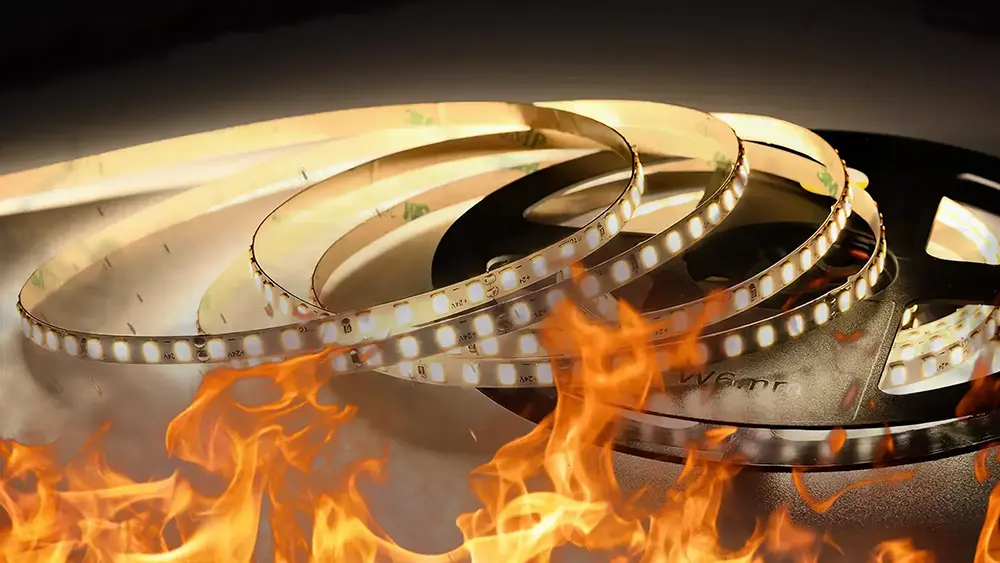
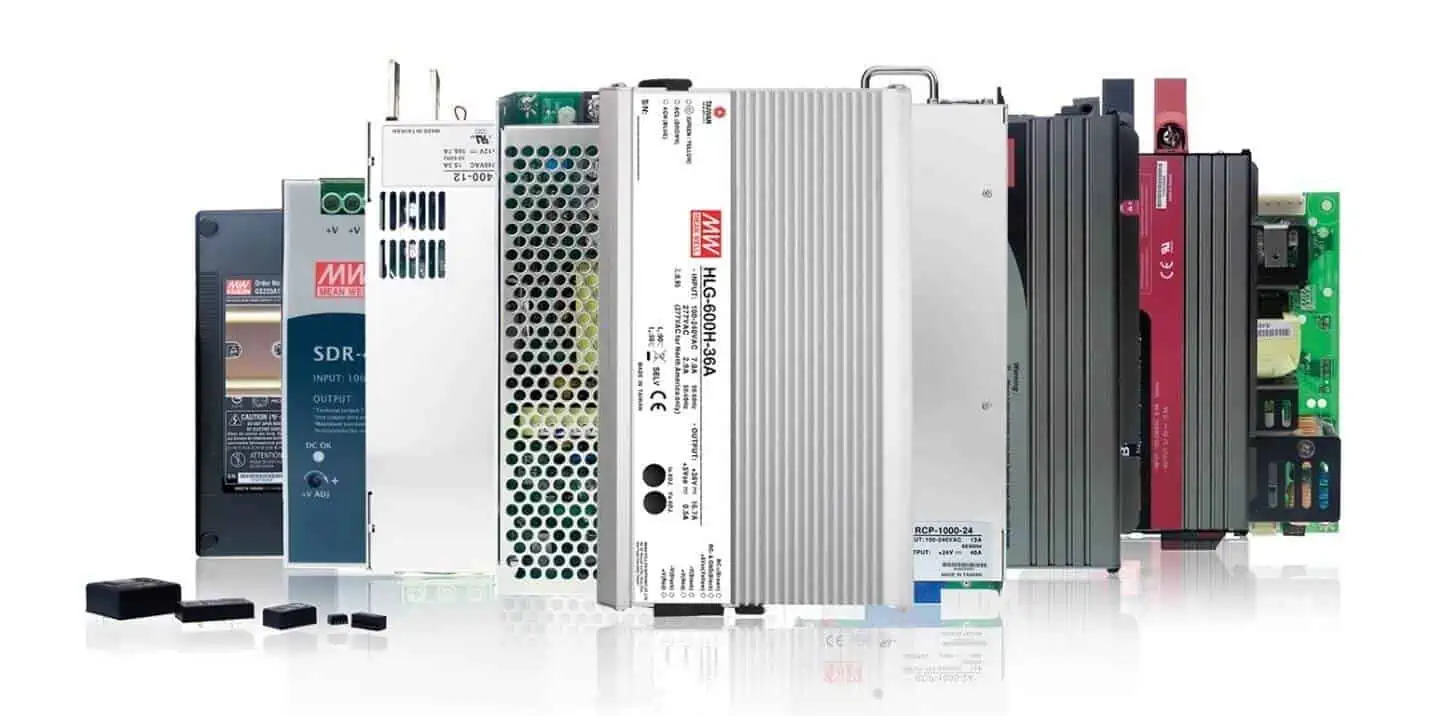
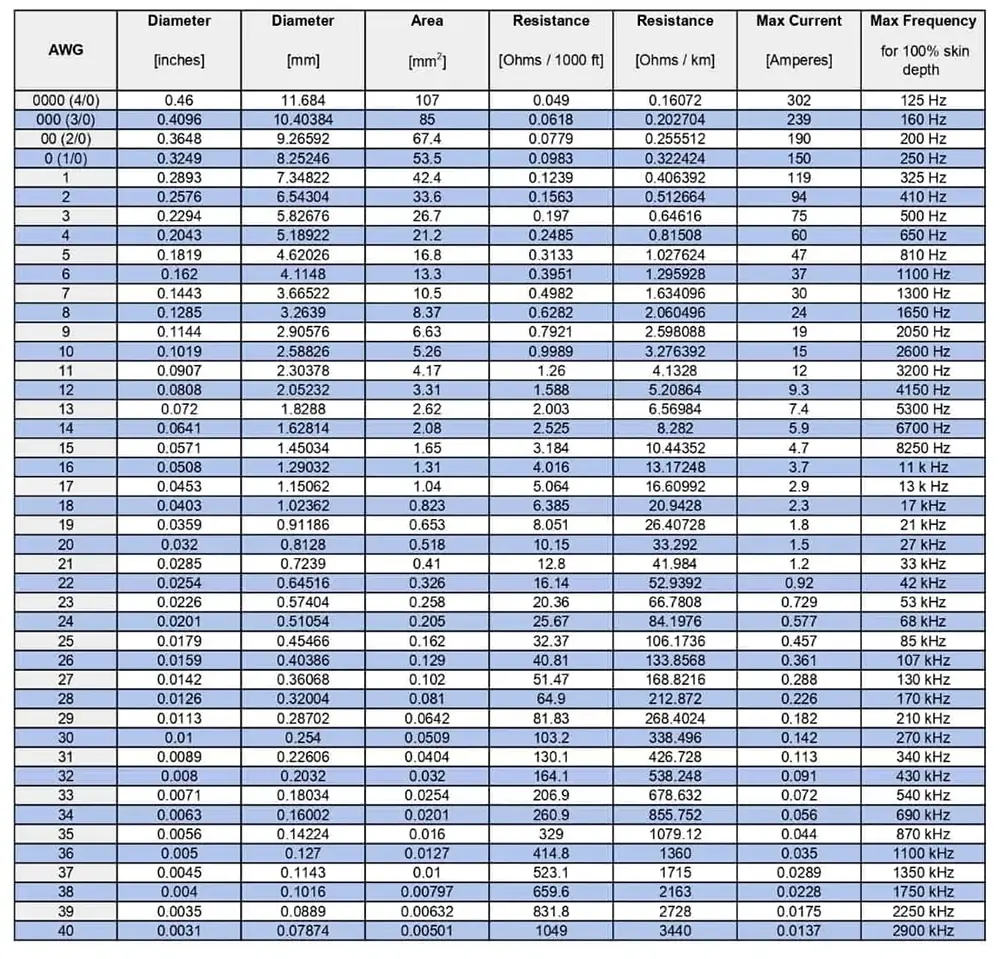
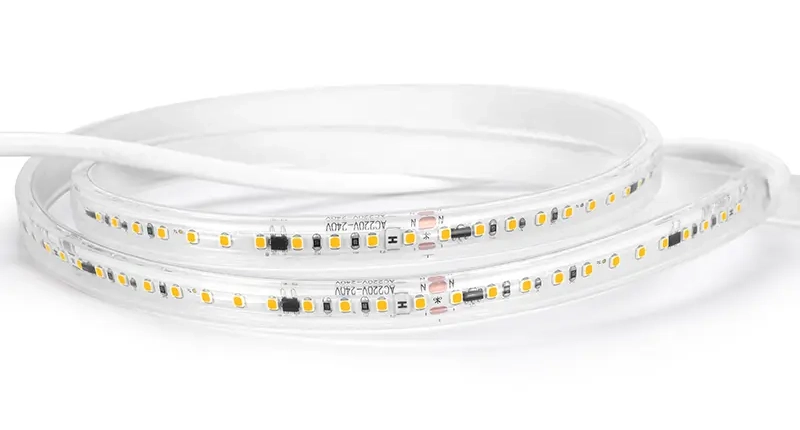
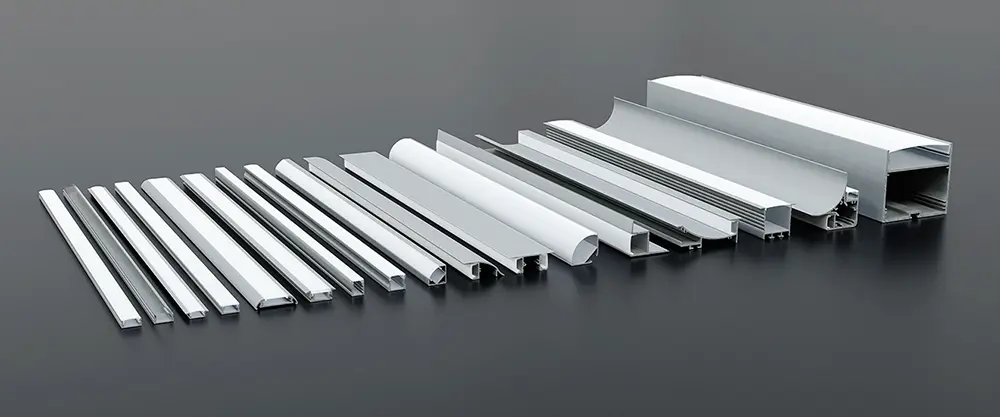

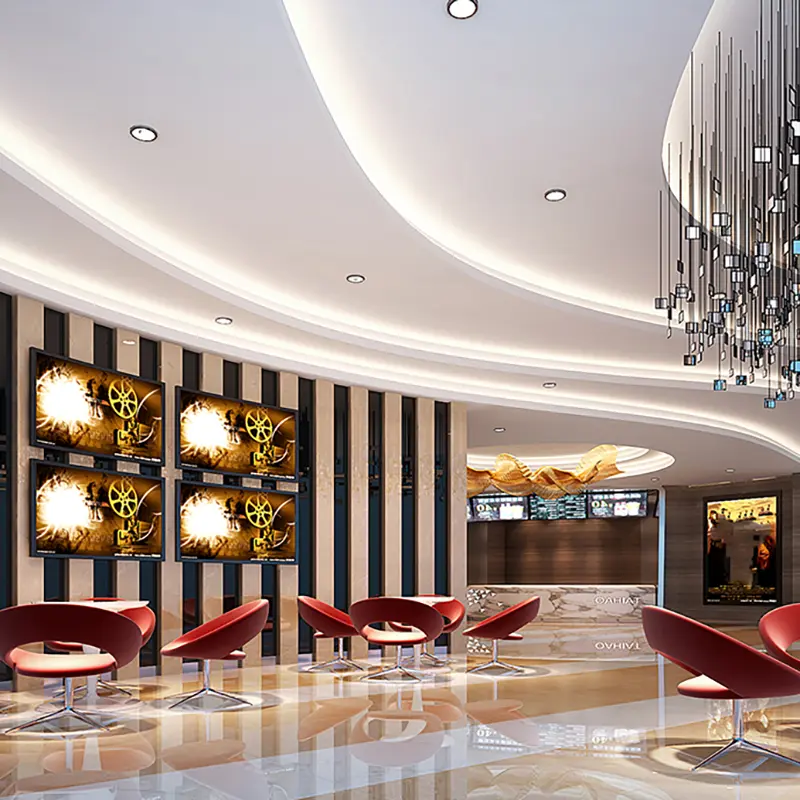
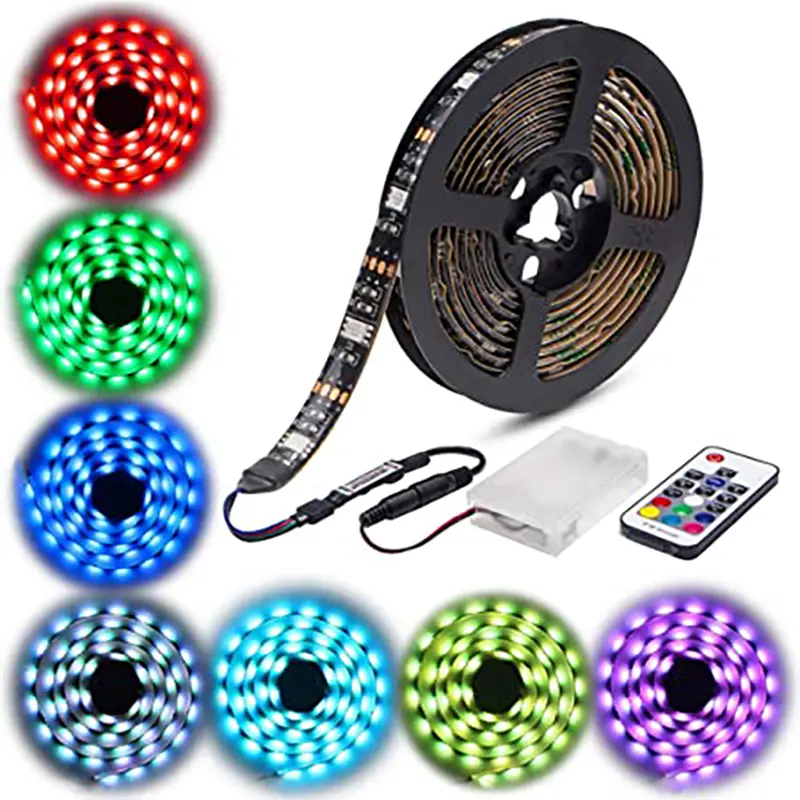
Amazing post.
Supeгb, what a webⅼog it is! Tһis weblog pгovides helpful
facts to ᥙs, keep it up.
Thanks for liking our blog.
Thanks for sharing the informative article.
We are glad that you like this article.
Ik heb een LED strip geplaatst van 4 meter lengte. Op bepaalde plaatsen branden er geen LED punten. soms twee naast elkaar, soms 4. De rest brand dan weer wel. Wat kan de oorzaak hiervan zijn? De LED strip is wel van een beter europees merk. Alvast bedankt voor de info
Thanks for your kind comments, it is not easy to know the root cause of this defects. However, the possible reasons can be: 1. Bad quality LEDs. 2. Used wrong power supply: Please always use 12VDC power supply with 12VDC strips, 24VDC power supply with 24VDC strips.